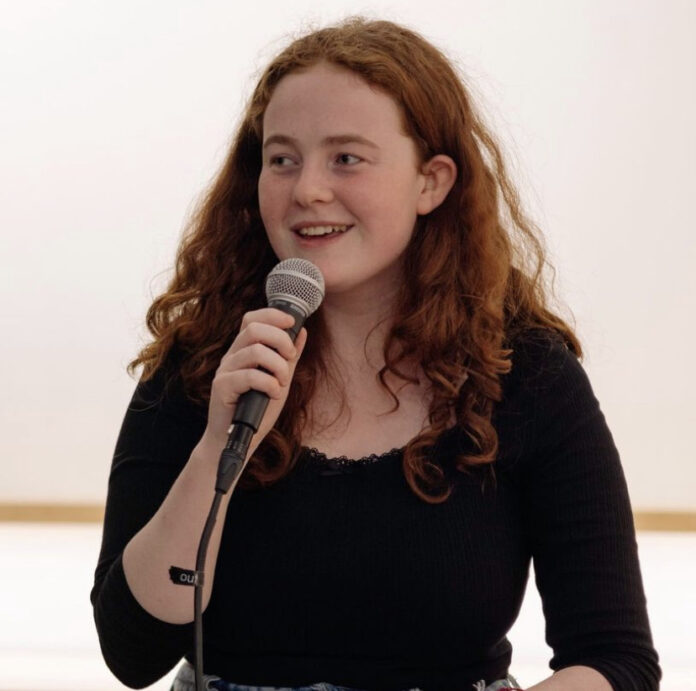
THE United Nations doesn’t value young person’s voices, according to a young Limerick climate campaigner.
Saoirse Exton began climate striking when she was just 13 years old, founding Fridays for Future Limerick, a movement which saw young people skip school on Fridays to instead protest at their local government buildings about the lack of action on the climate crisis.
In March of this year, Saoirse was selected to sit on the United Nation’s (UN) Secretary General’s Youth Advisory Group on Climate Change, becoming the youngest advisor ever on the panel.
Speaking to the Limerick Post, Saoirse said that being on the UN committee has been an “interesting” experience, which has made her question the stock the UN puts in the opinions of the leaders of the future.
“I think I’ve come out of it with an understanding of the way that the UN works. I’m not sure if my faith in the UN in being able to solve the climate crisis on its own is very high. I think we need more action from local and national governments, I think that’s really where the power lies,” Saoirse said.
“I’m not really sure the United Nations really values young people,” she says. “I don’t receive any pay for the work that I do and, to me, that really illustrates the fact that they don’t necessarily value our time.”
“Everyone else on the Youth Advisory Group is a university graduate, as far as I’m aware, and a lot of them have full time jobs. This is essentially a full time job on top of a full time job, so I think the United Nations seriously needs to reform the way it treats young people.”
“My faith in the UN has been very, very eroded,” Saoirse hit out.
Rather than relying on the UN to enforce the government’s climate action plans, Saoirse believes the key is in lobbying government representatives on the ground to make sure the plans are actually enforced.
“We can live more sustainable lifestyles, but the reality is, for a lot of people, that’s not a feasible option.”
“Being vegetarian, for example, is often a lot more expensive because you have to find certain substitutes,” she said.
“I think the most important thing we can do is to actually change our government and ensure that we bring in one that puts climate first.”
When asked about her views on electric vehicles, which have been touted as key in the green shift, Saoirse suggests that more public transport should be provided so that people are given alternatives to private vehicles.
“There’s a massive emphasis on individual action within the Government at the moment, but the issue is they fail to actually provide alternatives for people.”
“They talk about electric vehicles, but most if not all electric vehicles on the market right now aren’t really affordable for most people. Also electric vehicles aren’t necessarily that convenient yet,” she says.
Saoirse says that if she could get one central message out to the general public, it would be that the climate crisis affects far more than just the environment.
“I think it’s really important for people to recognise the climate crisis is not just something that effects the environment, it affects every aspect of our lives, in terms of the cost of living crisis … the climate crisis affects every element of social justice, of economic justice, of everything basically.”
“I think it’s often difficult for people to relate to the climate crisis because it feels so far away, but the reality is, a lot of the reasons we have issues like the higher cost of fuel is because of the same profit motives that created the climate crisis in the first place.”
Saoirse says that climate striking and lobbying for climate action is something that is a “necessity” for her, and that her passion for the environment from a young age spurs her on to keep fighting for the future of the planet.
“It’s very much something that I feel I have to talk about, to protest about, to push governments about, because we do have to face the fact that it is essentially life and death, we’re facing one of the biggest catastrophes our planet will have faced,” she warns.
“We’re facing the biggest catastrophe and it will mean the end of civilisation as we know it. Maybe it won’t be for the next 100 years, 150 years, but I think that’s terrifying.”


